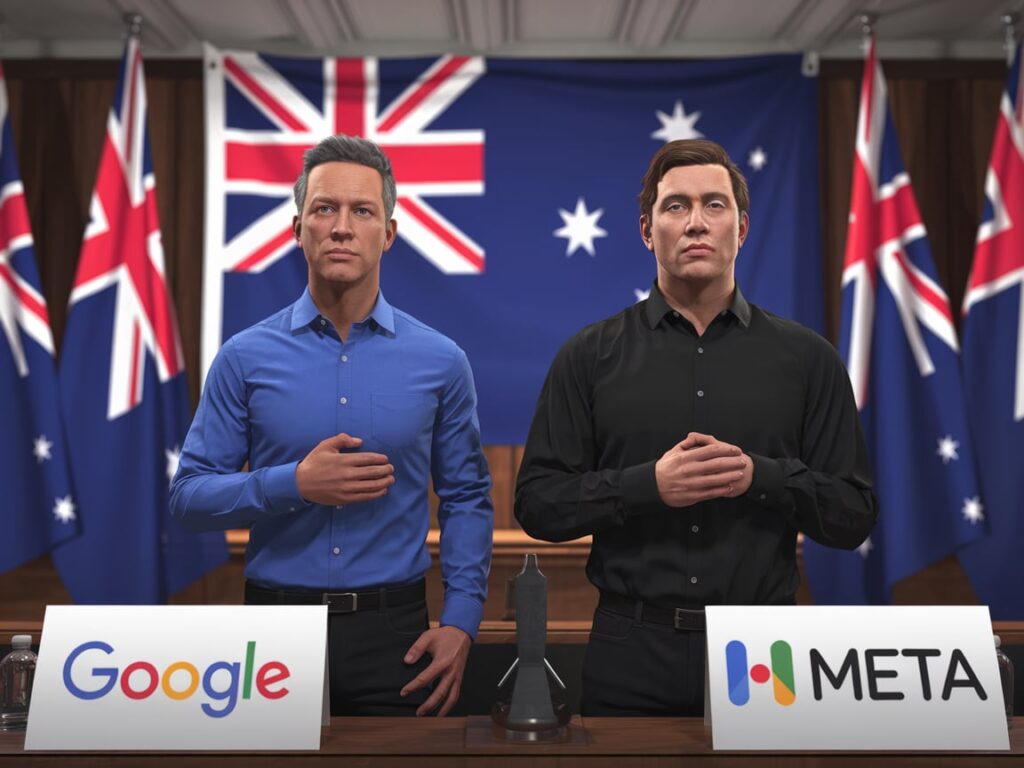Australia’s Social Media Ban for Minors: A Controversial Move
The Australian government is about to undergo a historic legislative change—in this case, aimed at prohibiting access to social media for children under 16 years of age. Most importantly, tech giant firms such as Google and Meta rush to reach a consensus with Australia to postpone the final decision, flagging concerns regarding its practical execution.
The Proposed Legislation
The new law will probably be the strictest in the entire world concerning minors on social media. That means that the networks, in this case, Facebook, Instagram, and TikTok, will then be required to have verification systems to ascertain that anyone using the sites is not below 16 years old. Failure to comply will lead to huge fines reaching up to A$50 million or about $32 million for frequent breaches. It has passed with minuscule public consultations with one day of submissions before its advancing motion in parliament.
在 Instagram 查看这篇帖子
Industry Concerns
From this hasty introduction of the bill, tech majors have pondered the possibilities of aggrieving them in the rushed passage of such a bill. “Google and Meta want Australia to wait for the verdict in the current trial of age verification before moving forward with the bill,” they say. The argument is that until the whole model of operation of these verification systems is understood, one cannot talk about meaningfully analyzing the effect of such systems on users or the industry.
It raises further privacy issues among experts, as the system for age verification could be government-issued identification or biometric data. Critics say it takes children to less regulated regions of the internet, where they are even more likely to take risks.
Public Reaction and Support
This is a very controversial topic. Many parents support stricter control over their kids to save them from online dangers. However, experts warn that banning probably is not the most effective solution. Over 140 experts in child welfare have appended their signatures to an open letter criticizing age limits as “too blunt” a tool to address online risks.
Prime Minister Anthony Albanese defended the legislation, arguing that it is essential for safeguarding children from a variety of online threats, including cyberbullying and exposure to inappropriate content. The criticisms, however, insist that education and digital literacy should take precedence over strong prohibition.
Balancing Royal Duties and Family Support: Princess Beatrice’s Role in the Royal Family
The Future of Social Media in Australia
The finalization of the legislation is fast approaching; however, many questions remain unanswered on the modes of its enforcement as well as the effectiveness of the enforcement itself. The government intends to assess the impacts of this new law on children’s safety through a review that comes after the implementation of the law. This would be the most instrumental evaluation in ascertaining whether the ban meets its intended targets or merely reroutes children to space with little or no regulation online.
Australia’s push to prohibit social media usage under a specific age limit signifies a ramp-up in concern over how safe children are from increased harm in the digital world. Once more, while debate continues between lawmakers and tech companies, it is evident that a proportionate solution to safeguarding young Australians without denying them the privilege of skilling themselves in technology will be possible.
Get the Most Important Updates about the World!
